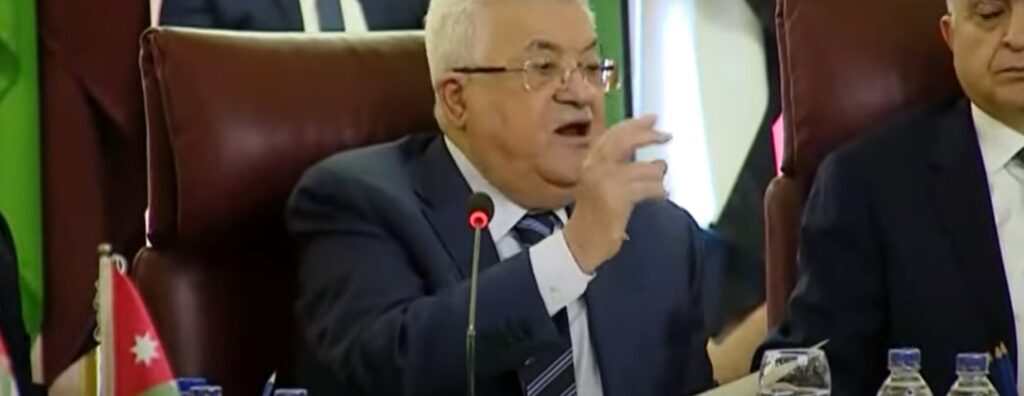Recently, there has been significant resentment in Hebron toward the PA’s security forces. On September 10th, gunmen targeted a police station in the city in retaliation for the arrest of two criminals within a local residence.
The detainees were reportedly mistreated, stripped to their upper bodies, and photographed in a humiliating manner.
One of the detainees hails from the Jabari clan, which has issued a threatening manifesto vowing revenge on the PA for the actions of its security forces, which they label as “gangs.”
The PA has issued an apology and announced the establishment of an inquiry committee to investigate the incident. However, it is widely perceived that the committee’s formation was intended to cover up the affair.
This incident sheds light on just one facet of the PA’s security forces’ recent activities in Judea and Samaria.
They have expanded their operations against criminals and individuals sought on criminal charges, including the apprehension of several Islamic Jihad activists who set fire to a PA police station in the village of Jaba in the Jenin area.
Moreover, there has been an uptick in political arrests.
In recent weeks, the PA’s security forces have detained numerous university students, opposition activists, and released security prisoners, predominantly affiliated with Hamas, the Popular Front, and the Democratic Front.
In Hebron, Mohand Kafisha, the coordinator of the Islamic bloc at “Al-Quds” University in Abu Dis and affiliated with Hamas, was among those arrested.
These activists criticize the PA and its leader primarily due to their security coordination with Israel.
Hamas has strongly condemned this wave of arrests, describing it as a “crime that serves the Israeli occupation.”
Approximately two weeks ago, PA Chairman Mahmoud Abbas met with the heads of the PA’s security apparatus and instructed them to regain control lost in Judea and Samaria over the past two years.
However, this primarily involves action against criminal elements or political entities threatening Mahmoud Abbas’s rule.
Some individuals were taken to the interrogation facility in Jericho prison, where they reportedly endured severe torture.
However, the PA’s security apparatuses have refrained from entering the refugee camps in northern Samaria and arresting wanted terrorists responsible for attacks against Israelis.
Even after the IDF’s extensive operation in the Jenin refugee camp approximately two months ago, the PA deployed around 600 security personnel in the Jenin area, focusing solely on addressing criminal elements rather than entering the Jenin refugee camp.
Mahmoud Abbas continues to exhibit a veneer of weakness, even though he is not weak at all.
He has made a political decision to avoid confronting the wanted terrorists and arresting them out of fear that he will be accused of collaborating with Israel.
Abbas confides in his associates that a direct confrontation between the PA’s security forces and these armed terrorists could lead to a civil war within the PA, which he is determined to avoid.
As we commemorate the 30th anniversary of the Oslo Accords, it is crucial to note that PA Chairman Mahmoud Abbas employs tactics reminiscent of his predecessor, Yasser Arafat.
He strives to present a false image of a war on terror while the PA continues to allocate monthly salaries to terrorists.
The Israeli government seeks to preserve the PA’s rule and prevent its collapse to maintain governance over the daily lives of the three million Palestinians residing in Judea and Samaria. However, it appears that the PA primarily targets those who threaten Mahmoud Abbas’s rule or criticize him.




